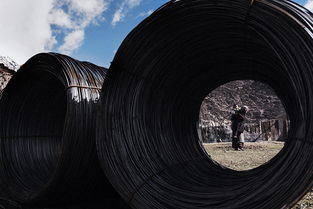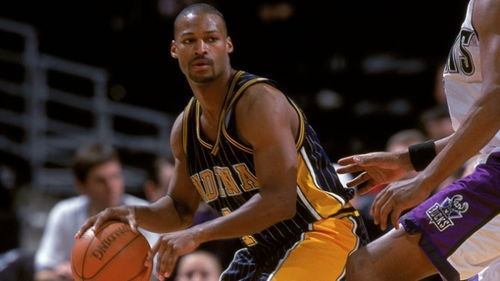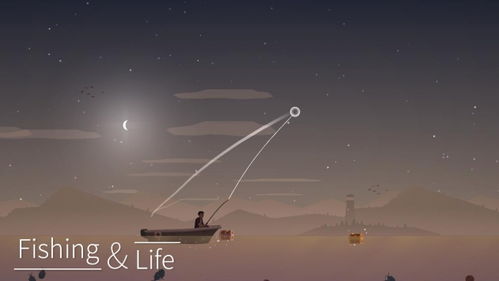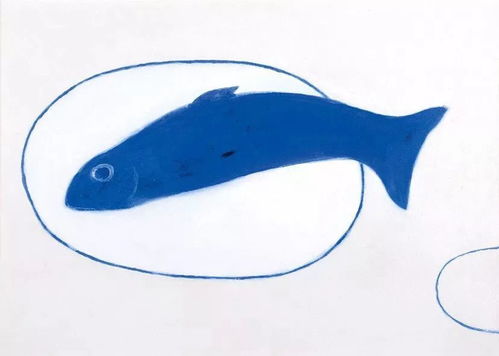Introduction:
Fishing, an age-old pastime, has evolved into a blend of skill, patience, and strategy. Whether you are a seasoned angler or a beginner looking to cast your line into the great unknown, having a well-thought-out plan and mastering the necessary techniques can significantly enhance your fishing experience. In this article, we will delve into the intricacies of writing a comprehensive fishing plan and discuss essential fishing techniques that can turn your next fishing trip into a memorable success.
Understanding Your Fishing Goals:
Before you can begin crafting your fishing plan, it is crucial to define your goals. Are you looking to catch the biggest fish, explore new waters, or simply enjoy the tranquility of the outdoors? Understanding your objectives will guide the rest of your planning process.
Writing Your Fishing Plan:
Introduction:
Begin with a brief introduction to your fishing plan, outlining your goals and the type of fishing you will be doing (e.g., freshwater, saltwater, fly fishing, etc.).
Location Research:
- Research potential fishing spots. Consider factors such as access, regulations, and the types of fish that inhabit the area.
- Include specific locations in your plan, noting any special considerations (e.g., boat access, camping facilities).
Seasonal Considerations:
- Discuss the best times of year to fish at your chosen locations based on fish migration patterns and spawning cycles.
- Consider the weather forecast and how it may impact your fishing experience.
Equipment List:
- Compile a detailed list of all the equipment you will need, including rods, reels, lures, bait, tackle, and safety gear.
- Note any specialized equipment required for specific fishing techniques or environments.
Techniques and Strategies:

- Outline the fishing techniques you plan to use, such as casting, trolling, bottom fishing, or fly fishing.
- Discuss the baits or lures you will be using and why you have chosen them based on the fish species and conditions.
Safety and Etiquette:
- Emphasize the importance of safety, including how to handle fish responsibly, avoid wildlife, and follow local regulations.
- Touch on fishing etiquette, such as respecting private property, leaving no trace, and being mindful of other anglers.
Preparation and Logistics:
- Include a section on how you will prepare for your trip, such as organizing gear, fueling up, and ensuring you have all necessary permits.
- Discuss any logistics, such as transportation, accommodation, and meal planning.
Emergency Plan:
Have a contingency plan in place for potential emergencies, including how to contact help, what to do if you get lost, or if your equipment fails.
Conclusion:
Conclude your plan by summarizing your objectives and expressing your excitement for the upcoming fishing adventure.
Fishing Techniques:
Casting:
- Master the basics of casting, including how to hold the rod, how to load the reel, and how to cast with accuracy.
- Practice different casting techniques, such as roll casting, overhead casting, and sidearm casting.
Trolling:
- Learn how to troll effectively by understanding the best speeds and depths for different fish species.
- Experiment with different lures and baits to see which ones work best in your chosen environment.
Bottom Fishing:
- Focus on techniques such as jigging, dead sticking, or using a bottom bouncer to target fish that are near the seabed.
- Understand how to read the water and adjust your technique accordingly.
Fly Fishing:
- Develop your fly fishing skills by learning how to tie knots, select the right flies, and present them effectively to the fish.
- Practice your casting and mending techniques to ensure your flies land softly on the water.
Bait Fishing:
- Learn how to rig your bait properly and how to present it in a way that attracts fish.
- Experiment with different types of bait, such as live bait, artificial lures, or natural baits like worms or crustaceans.
Conclusion:
Writing a fishing plan is not just about preparing for your trip; it is about setting yourself up for success. By understanding your goals, researching your location, mastering essential techniques, and ensuring you are well-prepared, you can turn your fishing adventure into a story you will cherish for years to come. So, grab your rod, pen, and paper, and start crafting your next fishing masterpiece. Happy fishing!












